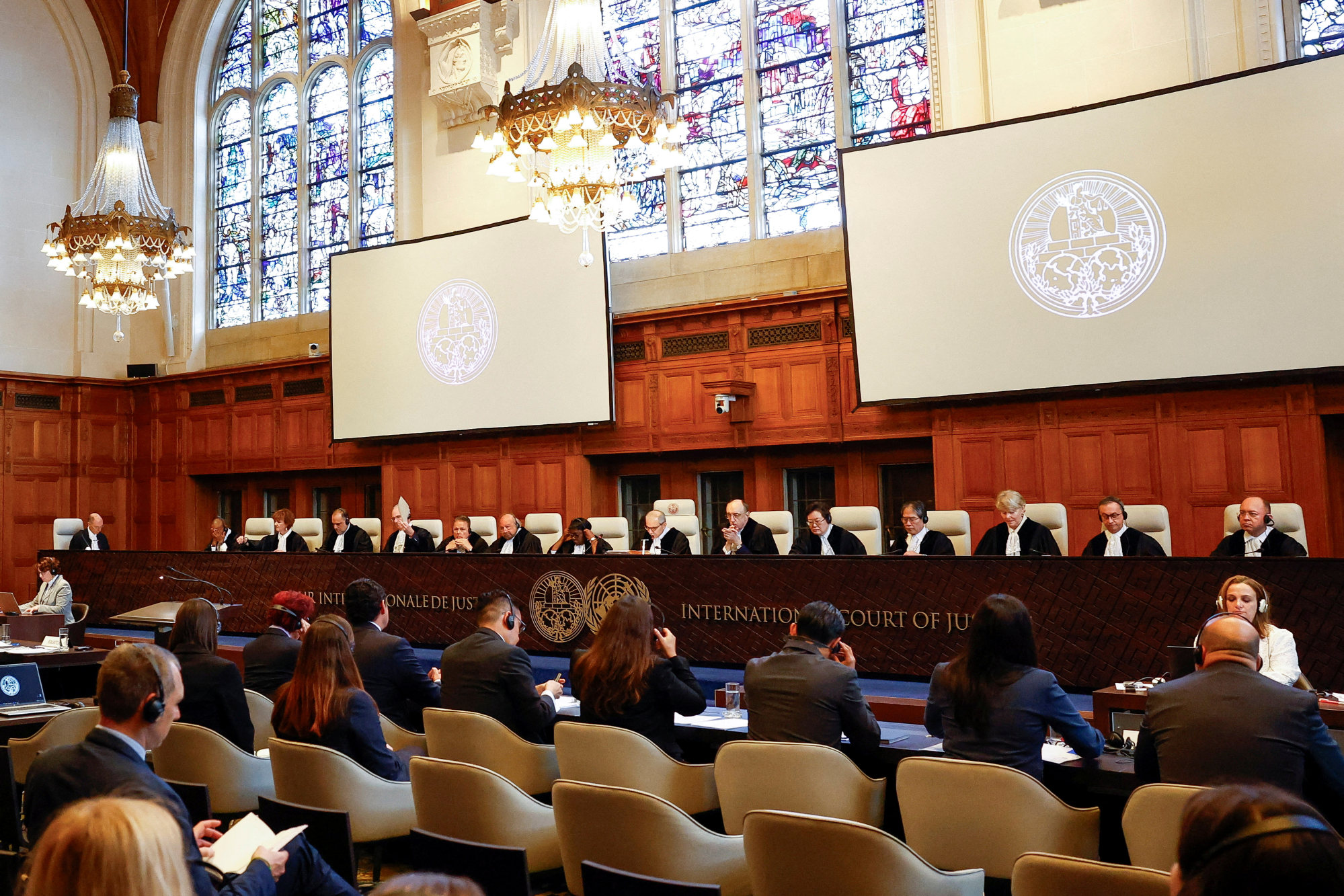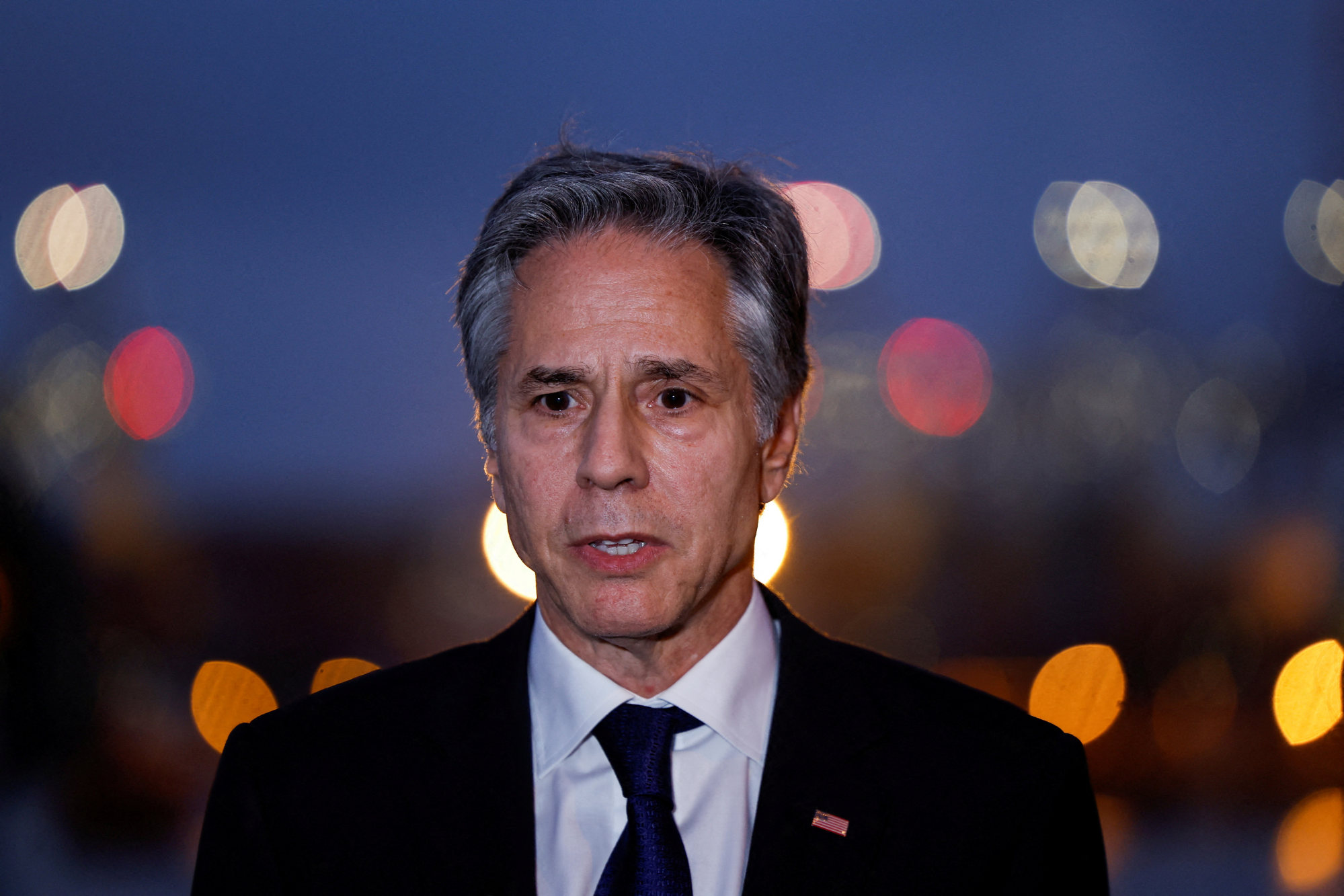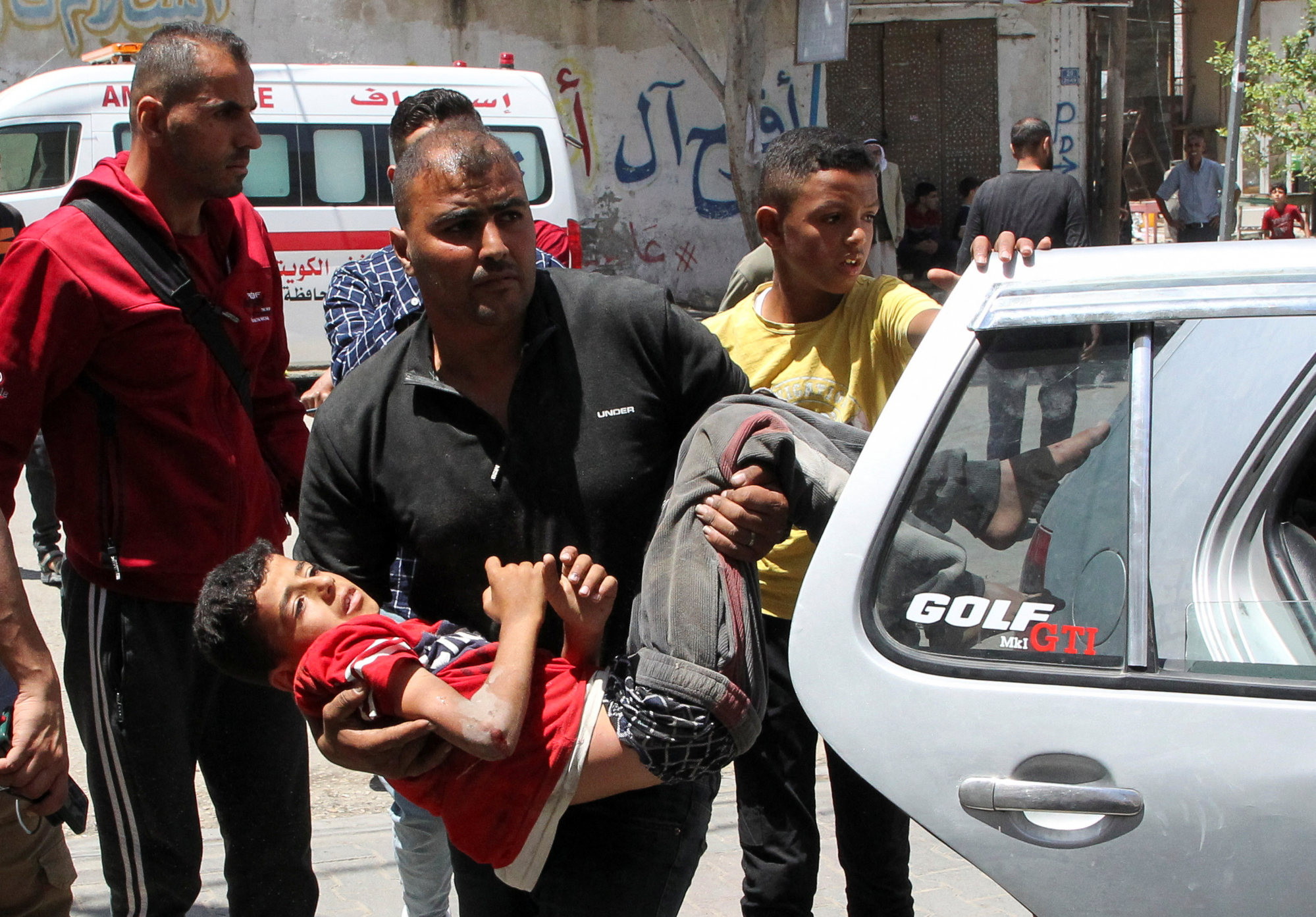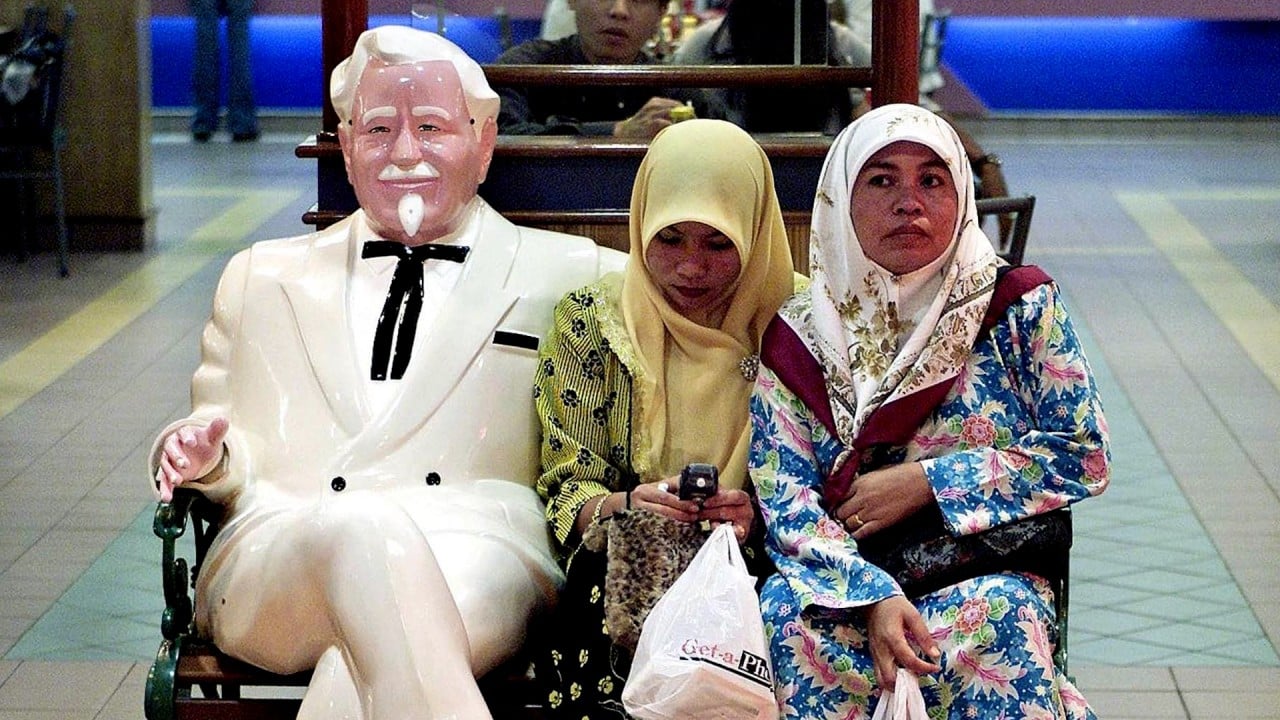At the end of December, South Africa took Israel to the ICJ for alleged violations of the Genocide Convention during the Gaza War. In an interim ruling, the UN court ordered Israel to take protective measures to prevent genocide.

Israel has repeatedly rejected accusations of genocide and argues it invoked the right to self-defence after militants from Hamas and other extremist Palestinian organisations killed hundreds of civilians in Israel on October 7.
Egypt was the first Arab country to sign a peace treaty with Israel in 1979, but the military campaign in Gaza has inflamed anti-Israeli sentiment in the Arab world’s most populous nation.
Earlier in the week, Israel took control of the Gaza side of the Rafah border crossing with Egypt, an operation that has halted humanitarian aid deliveries via the vital facility into the heavily populated strip.
Cairo is also concerned that a major Israeli incursion in Rafah, crowded by refugees fleeing the fighting in Gaza, would trigger a mass exodus into Egypt’s Sinai Peninsula.
Israel deems Rafah the last stronghold of the Palestinian Islamist group Hamas.
Egypt’s state-affiliated television station al-Qahera News, citing a high-level source, reported that Cairo has refused to coordinate with Israel on aid entry into Gaza through the Rafah crossing because of the “unacceptable Israeli escalation”.
Meanwhile, negotiations on a possible exchange of hostages held by Hamas for Palestinian prisoners in Israeli prisons continued.
A high-ranking Israeli delegation arrived in Egypt on Sunday for this purpose, according to sources at the airport in Cairo. Like Qatar, Egypt has acted as a mediator in the war.

Also on Sunday, the US government said it intends to conduct further investigations following the publication of a report on possible violations of international law by Israel.
“So we have a number of incidents that we continue to look at, to try to get the best possible assessment,” said US Secretary of State Antony Blinken on US television on Sunday.
“Given the totality of what we’ve seen in terms of civilian suffering, in terms of children, women, men caught in this crossfire Hamas is making who’ve been killed or been injured, it’s reasonable to assess that in a number of instances Israel has not acted in a manner that’s consistent with international humanitarian law,” Blinken said.
However, “this is an extraordinarily complex military environment”, which is why it is not possible to make a final assessment, Blinken said.
Blinken was essentially echoing what the US State Department had previously conveyed in a report to the US Congress.
The report stated that the US government believes it is possible that Israel may have violated international humanitarian law with weapons provided by the US in Gaza.
Because of the situation in the war zone, it is difficult to assess individual incidents or make conclusive findings.
At the beginning of February, US President Joe Biden demanded written assurances from foreign governments that military aid from the US does not violate international law. Critics complained that the US government was now shirking a clear judgment.
Blinken now emphasised that the Palestinian Islamist Hamas movement is hiding behind civilians – for example in hospitals, schools, mosques or residential buildings.
“And that makes it very difficult to determine, particularly in the midst of war, exactly what happened and to draw any final conclusions from any one incident,” Blinken said.

There is a difference between “stated intent” and “results”, said Blinken, referring to Israel’s actions in Gaza. “We need to pursue these investigations, just as Israel is doing itself.”
Blinken made it clear that the US government continues to reject a major military operation in the city of Rafah in the south of Gaza. The US government is therefore withholding a delivery of so-called heavy bombs to Israel. This is the only delivery that is being withheld.
There is an “an ongoing conversation with Israel”, said Blinken. The issue is the impact that the use of these weapons could have in densely populated areas such as Rafah.


